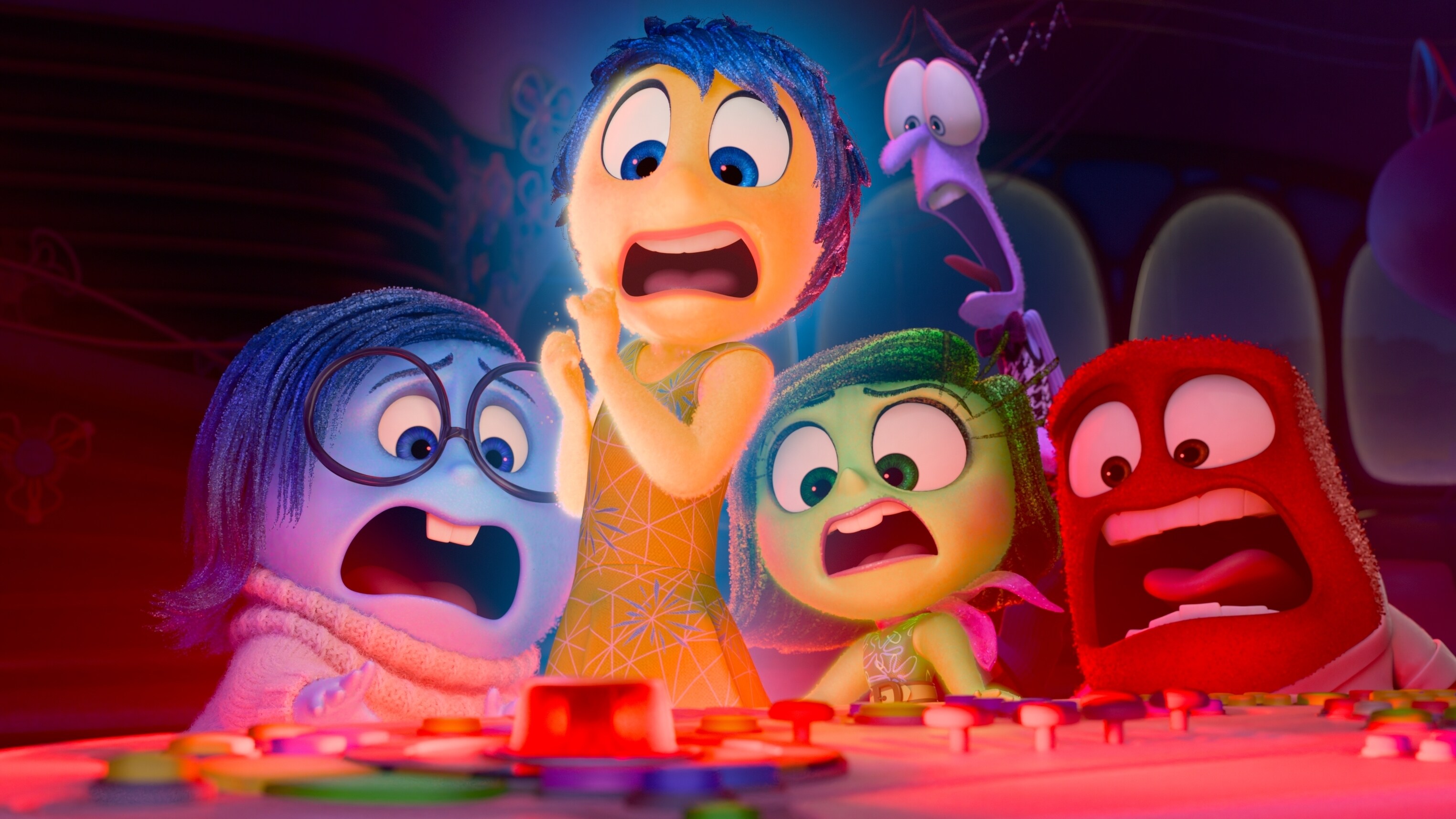Kids Will Be Honest If They Know It Pleases Adults

When children believe that telling the truth will make their parents happy, they become less likely to lie. When this approach is combined with removing the threat of punishment, it is more effective at getting kids to be honest than appealing to morality or threatening punishment.
This conclusion was reached by McGill University educational psychologist Victoria Talwar after analyzing the behavior of 372 children while they completed a “temptation resistance” exercise.
For the experiment, a toy was placed behind each child. They were told by an adult not to turn around to look at the toy while the adult left the room. While the adult was gone, however, most children did turn to glimpse the toy and when the adult returned, most children lied about it.
To be sure, sociologists recognize lying as perfectly normal behavior, typically beginning around age two, and do not consider it a sign of sociopathy.
When adults reentered the room, a variety of prompts were given to children, encouraging them to tell the truth. The most successful tactic was to make the adult’s happiness dependent on receiving the truth from the child (“If you tell the truth, I will be really pleased with you. I will feel happy if you tell the truth”).
Michael Stone, forensic psychologist at Columbia University, confirms that children, while frequently given to lying, are not generally pathological in their deceptions. Infrequently, however, it does happen:
Read more at the British Psychological Society
Photo credit: Shutterstock





